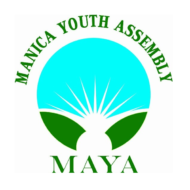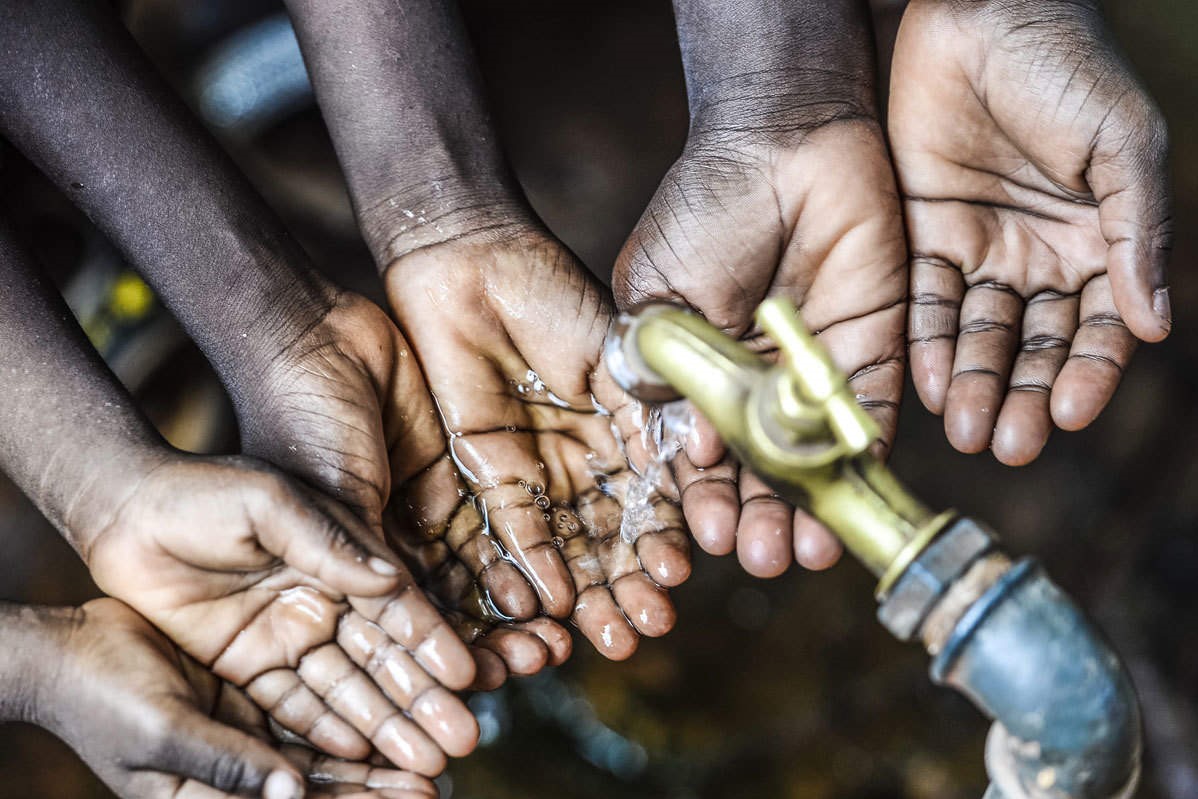By Lorraine Maposa
1.0 Introduction
The water crisis has affected a lot of communities around the world. A water right is a necessity in everyone’s life. Clean fresh water is important for drinking, sanitation, and sustaining the ecosystems on which all life depends. Shortage of water has many social, economic, and environmental impacts. Some of them include illness, disease, death, and biodiversity loss. Zimunya Township has been facing a water crisis. It is the purpose of this article to focus more on analyzing the water crisis in the Zimunya community and proffering solutions.
2.0 Background
According to Wikipedia Zimunya Township is approximately 15km south of Mutare within the Zimunya communal lands. The community is surrounded by the Bvumba Mountain range. Years back, there were few households in the area but now due to rural-urban migration, the population has increased. According to Zimbabwe National Water Authority (2015), Zimunya’s population is estimated about 6000 people. This project was written in 2015 and it is now 2023 meaning there are about 8 years now till the project was written. The population has increased over the years in Zimunya Township and has got to an extent that some residents go fetch water in streams nearby called “Nyamaare” .It is disheartening that the residents suffer a shortage of water when they pay their rates religiously. This may result in a lot of people not having good health. Water is a necessity to human life, without it can lead to many effects such as various diseases, inadequate sanitation; people can’t get enough to drink, and increased human conflicts amongst water users at a local level. According to the Constitution of Zimbabwe, amendment number 20 of 2013 chapter 4 section 77 (a) states that “every person has the right to safe, clean and potable water “, hence every citizen should have access to clean water. Water is a must-have in every community and if residents don’t have access to it, it will harm their health life. However, even though it’s every citizen’s right to have access to water, the Mutare district council is failing due to several reasons such as a lack of water infrastructure.
3.0 Causes of the water crisis
3.1 Shortage of functional boreholes
The severe and current water crisis in Zimunya has been pushing a lot of the residents to dig boreholes.
There is a shortage of functional boreholes in Zimunya. Whereas only one borehole is functioning in the area and this impacts negatively. The lack of functional Boreholes limits access to safe water for drinking and for practicing good hygiene at home and in schools. There is inadequate sanitation as there is only 1 borehole functioning. This also becomes a serious threat to the community and sustainable development. Every human being goes hand in hand with water thus if there’s a shortage of it it becomes a big problem for the community.
3.2 Ever-increasing population
The rapid population growth in the township is one of the major reasons why there is a shortage of water. The high birth rate in the area is also causing population growth leading to overpopulation in the area. The Zimbabwe National Water Authority which has the role of providing water to the residents in Zimunya is failing due to population increase. There is rural-to-urban migration happening in Zimunya residents in nearby communities are moving from places like “Mafuke and Gombakomba” in search of better living standards and also the fact that it is a peri-urban. The Mutare rural district council cannot keep up with the popular growth in this area. This migration is overwhelming the communities’ ability to provide good government services.
3.3 Debts accrued by the local authority
Debts between the local authority and parastatals are one of the causes of the water crisis in Zimunya. At some point in Zimunya, the Zimbabwe National Water Authority (ZINWA) owed money and it could not supply water to the community due to that debt. This posed to be a great burden to the local authorities as they could not pay the debt and the residents suffered as there was no water supply.
3.4 Lack of water infrastructure
Due to population increase, there are some areas in Zimunya where there is no water infrastructure. This is resulting in water scarcity as some residents will have to walk a distance in search of water. Shortage of water infrastructure leads to inequalities in access to water. Thus the lack of infrastructure needs to be addressed before 2025 as we want to attain the sustainable development goals and also the National development strategy 1(NDS1) In line with NDS1 the government aims to provide potable water for all by 2023. Thus the rural district council has to appeal to the water crisis. Sustainable development goal number 6 emphasizes ensuring access to water and sanitation for all. Access to safe water and sanitation is the most basic human need for all hence progress should quadruple for people to have access to these basic services.
3.5 Shortage of water chemicals
There have been water cuts due to a shortage of chemicals in the township. The Zimbabwe national water authority sometimes fails to secure the treatment of water chemicals. According to the Herald (2023), it stated that the Harare city council shut down the water supply due to chemical shortages. This indicates that around Zimbabwe shortage of treated chemicals is leading to an insufficient supply of water. The scarcity of water chemicals is also leading to the water crisis in Zimunya. Some residents who have taps do not get water due to chemicals as the suppliers(ZINWA) would say they cannot supply water as they do not have chemicals. This leads to diseases as people will be left with no choice but to go and fetch water in streams nearby.
3.6 Insufficient supply
Insufficient supply has also led to the water crisis in Zimunya. According to the Zimbabwe national water project written for Zimunya in 2015, it stated that Zimunya water supply station is facing huge challenges in providing sufficient water for the community. Currently, the demand for water in the area is outweighing the supply. It also stipulated that there are areas that go without water for long periods and the situation is worse when there is no power due to electricity load-shedding schedules. It is not healthy for one to have a long period without getting a sufficient supply of water as it causes diseases.
4.0 Conclusion
In conclusion, the rural district council should improve service delivery regarding the Zimunya community. The water crisis is a threat to human life and it is an issue of an emergency. Every citizen has the right to water supply as written in the constitution thus all citizens should have access to it. Citizens should not have long periods without being supplied water in their area whilst they will be paying their money religiously. Hence water crisis should be solved.
5.0 Recommendations
5.1Upgrading to modern standards
In terms of boreholes, the rural district council should drill boreholes that use solar systems. This will help as residents will have access to water. This will reduce the poor supply of water and all residents will have access to it. Modern standards simplify things and if residents have solar-powered boreholes and non-solar-powered boreholes it will help as the boreholes will not die frequently.
5.2 Increasing water channels
Water channels should be increased so that residents will have access to water. This will reduce the spread of diseases as residents will not have to go to fetch water in streams nearby. Increasing water channels means an increase in good sanitation and a good supply of water which is essential as it provides good health. New taps and new pipes should be constructed to lessen the burdens of the water crisis in the area.
5.3 Having sound policies and robust mechanisms which cater to fewer debts
Residents who would not have paid their debt should not have access to water until they pay. This will help in a way that those who would have paid their money will not suffer the consequences of others. Sound policies also help to reduce debts because if people pay their rates, the burden of debts will already be solved. Thus people will have an adequate supply of water in the area and there will be no complaints.
5.4 Providing water infrastructure
There is a need for the Mutare Rural District Council to drill boreholes in this area to reduce this injustice. This will benefit the residents as it will be a long-term investment and they will enjoy an uninterrupted supply. There is a need of renovating the 2 boreholes which are in the area. The council should also need to supply taps and pipes in the areas where they are not available.
5.5 Adequate supply of water chemicals
There should be an adequate supply of chemicals to reduce the spread of diseases like cholera. An adequate supply of water will lessen the burden of the water crisis in the area such that those who have taps will be able to get water from the tap and those who do not have taps will have to fetch water in boreholes nearby so that everyone will have access to water and it will be balanced

